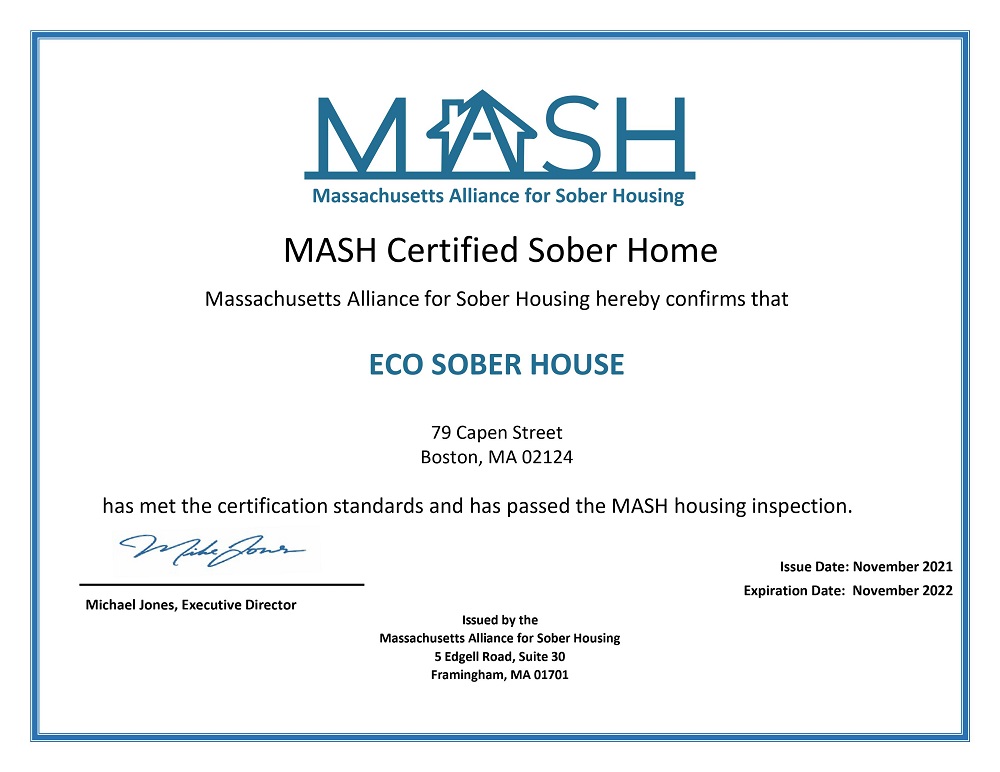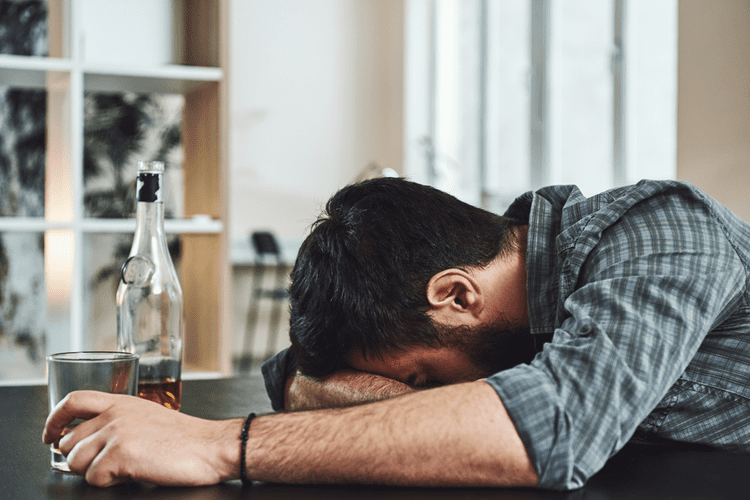Maintaining one’s recovery despite the existence of triggers can be overwhelming at times. Triggers can arrive seemingly out of nowhere and result in serious cravings for substances. They can lead to latent https://thesandiegodigest.com/top-5-advantages-of-staying-in-a-sober-living-house/ emotional responses that only gradually have consequences. Because triggers are not always familiar and noticeable, it’s important for people in addiction recovery to be observant of what triggers them.
- Instead, they argue that the emotions that arise from triggers should be appropriately dealt with in therapy, particularly if the feelings and resulting behaviors interfere with daily life.
- However, other cues are more subtle reminders that you might not even notice until after you’ve had a negative reaction.
- Researchers highlighted the importance of avoiding the people, places and things that remind patients of their former lifestyle.
Tips for Dealing with Triggers in Recovery from Substance Use Disorders

A relapse trigger, whether internal or external, is something that sets off cravings in recovering individuals. Failure to address and maintain these triggers during the recovery process only serves to increase the risk of relapse. Every individual in recovery from a drug or alcohol addiction needs to work each day to keep their sobriety. During recovery, each person will encounter triggers that could result in relapse.
Stimulant Use Disorder

After identifying triggers, your clients will be prompted to develop strategies to either avoid or cope with their triggers. This worksheet was intentionally designed to be used with several different treatment problems, such as anger, substance use, or relationships. A therapist can help you identify and cope with your PTSD triggers in a safe and supportive setting. You can do this process on your own, but working with a mental health professional can be helpful. Your therapist can help you figure out your triggers and come up with a plan for how to deal with your PTSD symptoms.
- A therapist can help you identify and cope with your PTSD triggers in a safe and supportive setting.
- Dr. Ashish Bhatt, MD explains how to recognize these triggers and avoid relapse.
- Developing the self-awareness to know when something is affecting someone’s mood or emotions can take time and consideration.
- Proponents of trigger warnings say they give a person a chance to prepare for the potential trigger or even avoid it.
Internal Drug And Alcohol Relapse Triggers
- Identifying your triggers is one of the most effective steps you can take in managing them.
- “Certain underlying mental health conditions, including substance use disorder, depression, and anxiety, might make someone more prone to experiencing more severe reactions to triggers,” McGeehan says.
- The most effective way to address relapse triggers is through a comprehensive approach that addresses both internal and external triggers.
- This website utilizes various technologies that are meant to make it as accessible as possible at all times.
- Addition treatment will help patients learn how best to utilize these strategies while forging their own recovery path.
When triggered, the brain might interpret past traumatic events as current. This causes the body to experience symptoms as it did in response Sober House to the original trauma (such as the fight-or-flight response). Mental health professionals don’t yet know precisely how triggers form.
Reducing Relapse Risk














